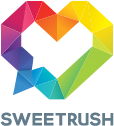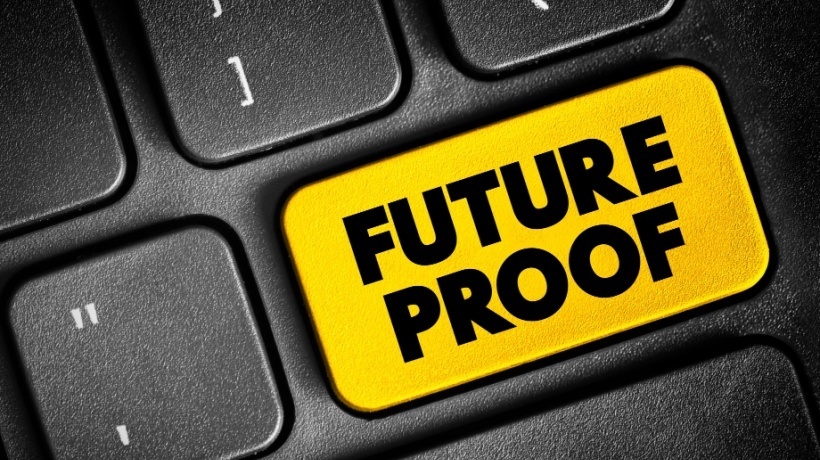What The Data Says About The Future Of Skills Development
Skills are more than training needs; they’re increasingly becoming a cornerstone of how companies engage and support their people, from recruiting to career development. This year’s data reflects global workplace trends, from increasingly diverse workforces, hybrid work, and inclusive leadership.
We asked survey participants to choose the top 5 skills in demand at their organization. You can download our eBook to see what they had to say. In this article, we'll highlight a few of the findings and what it all means for the world of skills development.
"In an ever-evolving time, the need to upskill or reskill, at a moment's notice is in demand at my organization."—L&D Leader
Transformation Fueled By Integrated Skills
The need to shift quickly in response to changing market, climate, social, and political events—and to understand needs, trends, and impact through data—shows in our survey responses. Agility and adaptability held onto the top position in our survey, with analytics and reporting once again taking second place.
Next in line, however, are human skills—collaboration, coaching, EQ, and leadership. Coursera’s Job Skills of 2023 [1] report indicates “skills that blend digital and human expertise are continuing to gain importance.” As companies seek greater efficiency and productivity, they need leaders and contributors with a strong combination of technical, personal, and interpersonal skills.
According to Deloitte Insights [2], Organizations with a skills-based approach are 57% more likely to be agile.
Skills Needs Reflect Changes In The Workplace
One of the biggest year-over-year jumps was Diversity, Equity, Inclusion, and Belonging (DEIB), moving from #7 to #4. We’re seeing increased focus in DEIB training—bringing authentic and relevant skills practice that immerses learners into real-world environments, versus simply checking a box. And a recent SHRM panel on DE&I programs highlighted the importance of the “B”—belonging— which helps workers "share a sense of purpose and a willingness to invest "emotional energy" to benefit the company." [3]
Human Skills In Focus As Hybrid Work Normalizes
We’re now three years into the forced remote and hybrid work experiment, with well-reported tensions between employers and employees—with efficiency, productivity, flexibility, and wellbeing at stake. The slight rise in collaboration (from #3 to #4) and introduction of EQ (#6) perhaps points to the higher difficulty bar for these skills when employees are not in the same physical work environment. As a highly creative, fully remote company since 2009, our experience is more positive, but we, too, acknowledge that building these skills takes intentional effort.
30% cited decreased team collaboration.
Gallup [4] reports that 24% cited reduced cross-functional communication and collaboration as challenges of hybrid work.
Democratization of Leadership Skills
This year we see a strong rise for Coaching Mindset (from #9 to #5), and EQ, Strategic Thinking, and Critical Thinking are all in the top 10. We’re seeing a focus on bringing these skills, traditionally thought of as leadership skills, throughout all levels of the organization.
“In a hybrid workforce where various types of teams – from traditional work teams to cross-functional teams, project teams, and more – are called upon to drive business results, vital leadership behaviors must be demonstrated more broadly and at all levels,”—Claude Werder, Vice President, and Principal HCM Analyst, Brandon Hall Group [5]
85% of organizations surveyed said democratizing leadership development increases engagement and fosters collaboration.
“I believe that by putting DEI, empathy, sustainability, ethics/integrity, and creativity at the forefront, any leader, team, and organization should be able to continue to meet the ongoing challenges of an ever-evolving industry, economy (industry-specific and global) as well as the demands of on-going development and innovation. Without these traits, it has been my experience that leaders, teams, and organizations succumb to micro-managing, unhealthy work/life balance, unsustainable/myopic development, lack of creative innovation, inability to meet global competition, and reduction in employee satisfaction/retention/velocity and eventual loss of revenue/business integrity.” — L&D Manager
How To Get Your Copy Of The Report
Download our 2023 Learning & Development And Learner Experience Trends Report if you're ready to keep learning and changing together.
References:
[2] The skills-based organization: A new operating model for work and the workforce
[3] Why Do Some DE&I Programs Fail?
[4] The Advantages and Challenges of Hybrid Work
[5] Overcoming Challenges to Democratizing Leadership Development









